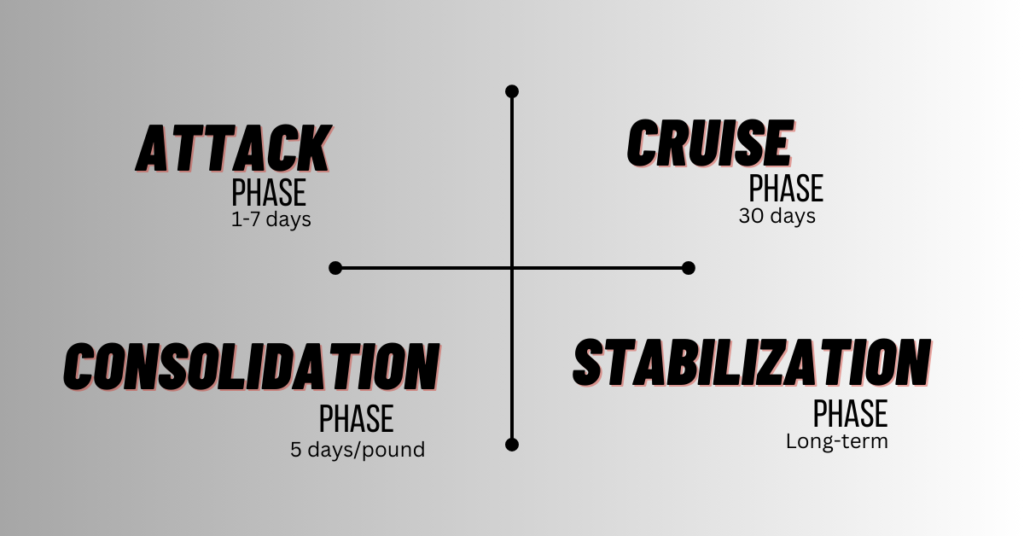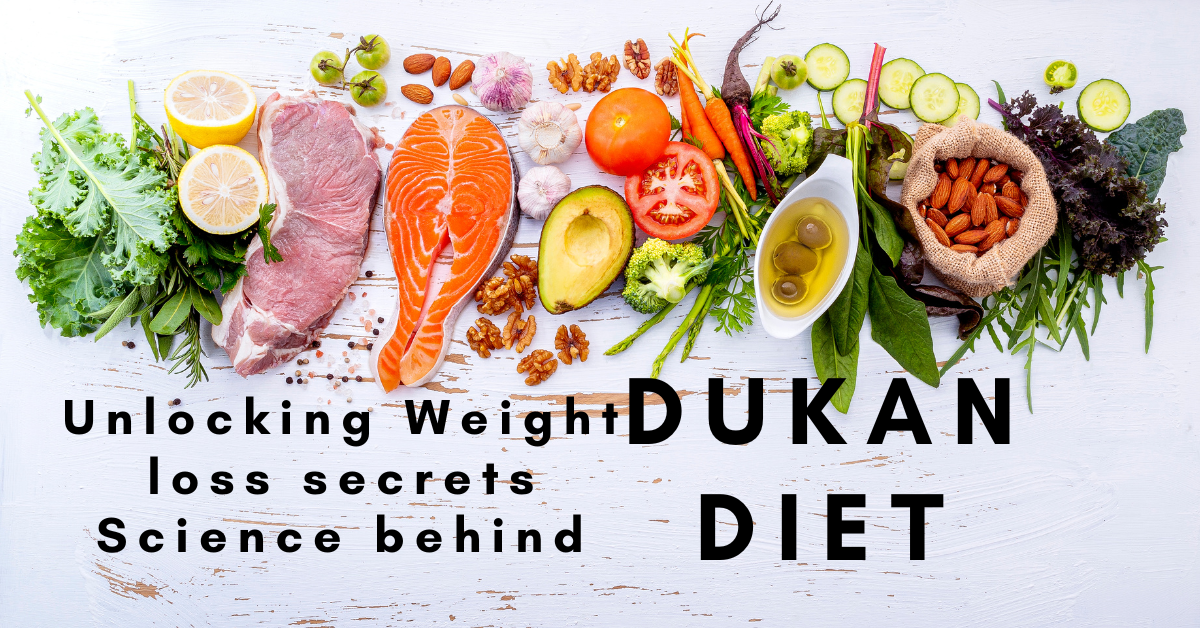Over the years, countless diets have promised quick results and easy weight loss solutions, but one diet has stood the test of time with its scientific approach and proven effectiveness – the Dukan Diet. Developed by French nutritionist Dr. Pierre Dukan, this high-protein, low-carb diet has gained popularity worldwide for its ability to promote rapid weight loss while maintaining muscle mass. In this blog post, we will probe into the science behind the Dukan Diet, exploring how it works, its principles, and the secret to its success in unlocking weight loss.
The Fundamentals of the Dukan Diet
The Four Phases of the Dukan Diet
Fundamentals of the Dukan Diet revolve around its four distinct phases: the Attack Phase, Cruise Phase, Consolidation Phase, and Stabilization Phase. Each phase serves a specific purpose in the weight loss journey, with the diet gradually transitioning from rapid weight loss to weight maintenance.
Key Foods and Their Roles
Phases of the Dukan Diet emphasize the importance of key foods that play vital roles in achieving weight loss goals. Lean proteins like chicken, fish, and tofu are staples, providing important nutrients while keeping you feeling full. Oat bran is another crucial component, aiding in digestion and helping to regulate blood sugar levels.
Foods rich in fiber, such as vegetables and whole grains, are encouraged to promote a healthy gut and keep cravings at bay. Additionally, low-fat dairy products offer calcium and protein without excess calories. These key foods work synergistically to support weight loss efforts while maintaining overall well-being.
Scientific Evaluation of the Dukan Diet
Nutritional Analysis
Evaluation of the Dukan Diet from a nutritional standpoint reveals that it is high in protein and low in carbohydrates and fats. This can promote weight loss by increasing satiety and reducing overall calorie intake. However, the diet may be deficient in important nutrients like fiber, vitamins, and minerals, which are primarily found in fruits, vegetables, and whole grains.
Studies and Research Outcomes
For a more comprehensive understanding of the effectiveness of the Dukan Diet, several studies have been conducted. These studies have shown that the diet can lead to significant weight loss in the short term. However, the long-term sustainability and potential health risks of following such a high-protein, restrictive diet remain areas of concern.
To address these concerns, further research is needed to assess the long-term effects of the Dukan Diet on weight management, cardiovascular health, and overall well-being. By continuing to study the diet’s impact on different populations and monitoring potential risks, we can better understand its role in promoting weight loss and overall health.
Dukan Diet in Practice
Meal Planning and Recipes
Keep your meals simple yet nutritious when following the Dukan Diet. Focus on lean protein sources like chicken, fish, and tofu, and combine them with plenty of fresh vegetables. Try meal prepping for the week ahead to avoid unhealthy choices when you’re short on time. Experiment with Dukan Diet-friendly recipes to keep your meals interesting and flavorful while staying on track with your weight loss goals.
Challenges and Tips for Success
The Dukan Diet can be challenging, especially during the initial phases when you are restricted to specific food groups. To stay motivated, set realistic goals and track your progress. Surround yourself with a support system of friends or family who understand your dietary needs and can encourage you along the way. Any setbacks are just temporary, so stay focused on your long-term weight loss journey.
- With dedication and perseverance, you can overcome any challenges that come your way on the Dukan Diet.
- For instance, if you find yourself struggling with cravings, try distracting yourself with a hobby or activity to shift your focus away from food.

Comparative Analysis
Dukan vs. Other Popular Diets
On a surface level, the Dukan Diet may seem similar to other popular diets like Atkins or Paleo due to its focus on high-protein, low-carb foods. However, the Dukan Diet stands out with its unique emphasis on lean protein, limited fat intake, and strict structure of four distinct phases – Attack, Cruise, Consolidation, and Stabilization. This approach sets it apart from other diets in terms of promoting quick weight loss without sacrificing muscle mass.
Long-term Efficacy and Health Implications
Diets that emphasize rapid weight loss, such as the Dukan Diet, may yield immediate results but raise concerns about sustainability and potential health risks in the long term. While the Dukan Diet has shown promise in jumpstarting weight loss and reducing cravings, its restrictive nature and lack of diversity in food choices may lead to nutrient deficiencies and metabolic issues over extended periods.
Analysis
When considering the Dukan Diet’s efficacy and health implications in the long run, it is imperative to weigh the benefits of rapid weight loss against the potential drawbacks of restricted food options and sustainability. Seeking guidance from healthcare professionals and incorporating a balanced approach to nutrition and exercise can ensure lasting success in achieving and maintaining a healthy weight.
Final Words
With this in mind, it is clear that the Dukan Diet stands out as a scientifically backed approach to weight loss. By focusing on protein consumption, the diet helps promote satiety, preserve muscle mass, and facilitate fat loss. The diet’s four phases strategically guide individuals towards sustainable weight management while ensuring adequate nutrient intake. Understanding the science behind the Dukan Diet can empower individuals to make informed decisions about their eating habits and achieve long-term success in their weight loss journey.




